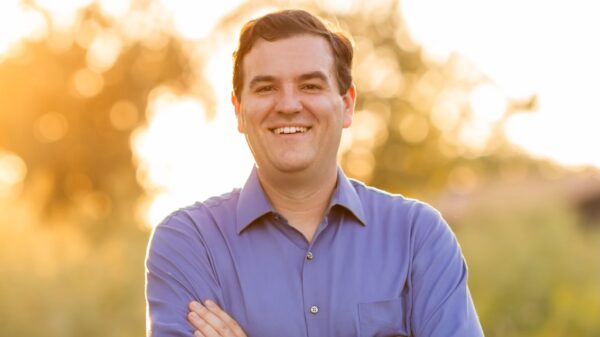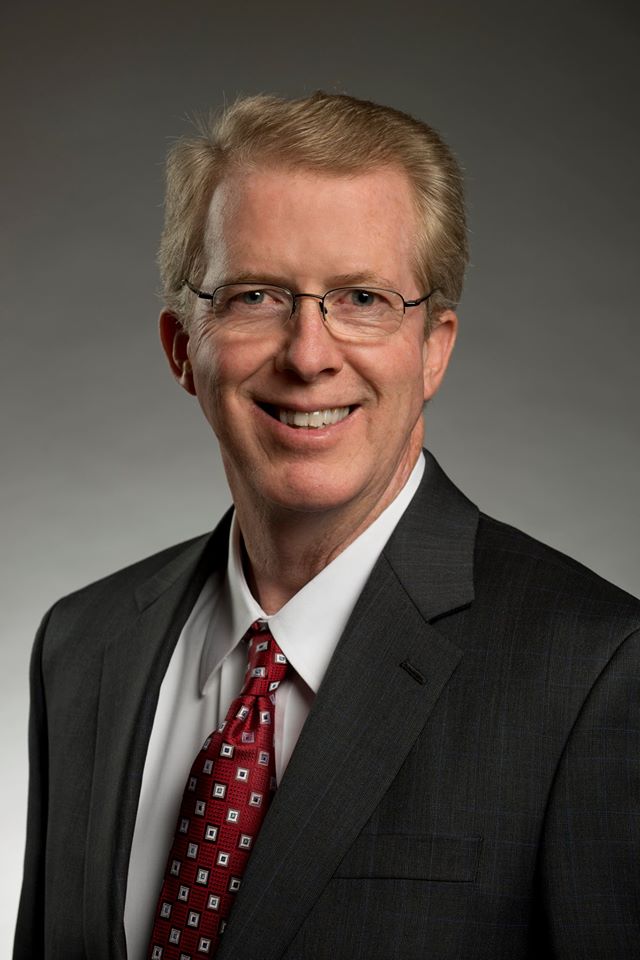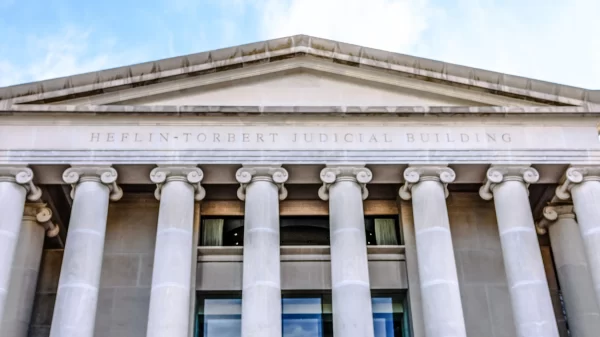By Brandon Moseley
Alabama Political Reporter
Republican Alabama House District 90 candidate Chris Sells from Greenville announced on Friday that he was supporting statewide votes on: the lottery, school prayer, and other issues.
Sells said that he issued the statement to make clear his position on the right of the people to vote on important issues. Sells said, “I believe it is the people’s right to vote on issues such as the lottery. I also believe it is the people’s right to vote on issues such as prayer in schools. We had that right taken away from us. I believe the people should be controlling the government and not the government controlling the people.”
House District 90 represents Butler County, Crenshaw County, and parts of Coffee, Conecuh and Montgomery counties. Sells said he is the only candidate in the race to present an education plan.
Poll numbers show that most voters support the idea of a lottery, but there is great division over what sort of plan for a lottery should pass.
Many people support the idea of having a lottery fund scholarships for Alabama students to attend an in-state two year or four year college. Critics of that plan claim that lower income lottery players would simply be paying the college tuition for upper income Alabamians to send their kids to University…kids who would have gone to school anyway. Others want to divide the money between scholarships and K-12 education.
Governor Bentley has said that if there is a lottery part of it should go to the struggling Alabama General Fund where prisons, Alabama Medicaid, the courts, and most government functions are funded. Given that many Republican law makers oppose a state sponsored lottery because it preys mostly on the poor, finding consensus for a lottery plan in the legislature would be difficult.
Most Alabamians would likely vote in favor of a school prayer amendment. Prior to 1962, most American public schools had daily school prayers and most public schools taught Bible classes. School prayer was banned by the U.S. Supreme Court.
It is doubtful that the legislature could write a prayer amendment which would be legal under a string of U.S. Supreme Court rulings including: Engel v. Vitale (1962) which ruled that an official school prayer was unconstitutional; Abington School District v. Schempp (1963) which ruled that Bible readings and other school-sponsored religious activities were prohibited; Lemon v. Kurtzman (1971) which set severe limits on entanglements between government and religion; Lee v. Weisman (1992) which outlawed graduation prayers; and Santa Fe Independent School Dist. v. Doe (2000) which outlawed prayers over the public address system prior to high school sporting events.
Many Alabama School systems routinely defy Santa Fe Independent School Dist. v. Doe to this day. A school prayer amendment to the Alabama Constitution would almost certainly be challenged by liberals in federal court.
Sells narrowly won the Republican Party Primary over incumbent Charles Newton. Newton who has been a member of the Alabama legislature since 1989 had been elected as a Democrat, but changed parties only days before the qualifying deadline. Republican Primary voters selected Sells: 51.1 percent (1,767 votes) to 48.9% for Newton (1,691 votes).
Walton Hickman is representing the Alabama Democratic Party.
The General Election will be November 4.





















































